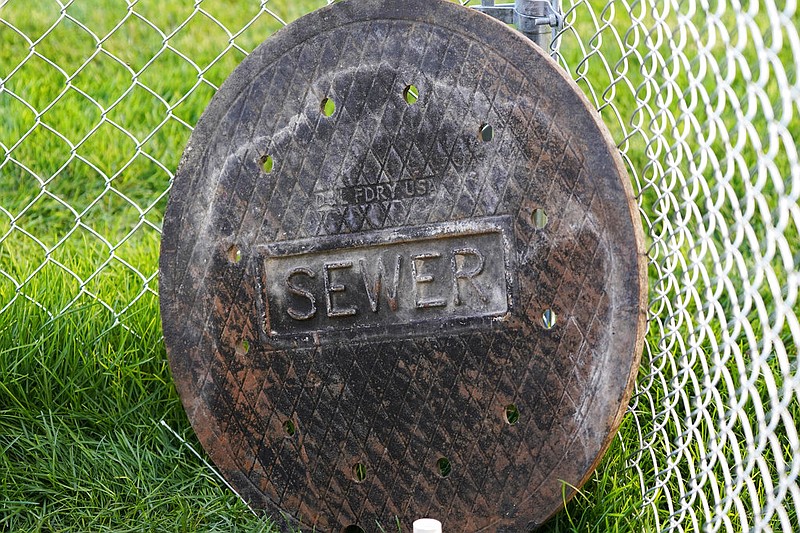Health officials have warned of the various ways that the coronavirus can spread. According to the Centers for Disease Control and Prevention, the virus that causes covid-19 is spread mainly from person to person, mostly through respiratory droplets produced when an infected person coughs, sneezes or talks. These droplets can land in the mouths or noses of people who are nearby or possibly be inhaled into the lungs.
An ongoing study at Pine Bluff Wastewater Utility, conducted by Camila Silva of the National Center for Toxicological Research, has detected the virus in the wastewater at the Boyd Point Wastewater Treatment Facility.
Ken Johnson, Pine Bluff Wastewater Utility general manager, said it was selected as a partner in this research project to advance the detection of the coronavirus and the potential impact on the community.
"At Wastewater Utility, we clean dirty water. Basically, water comes into our wastewater system which is primarily raw sewage and we treat the water which is released into the Arkansas River," said Johnson, who said the research project has been going on for three months. "As a part of that process, we have to take samples to ensure the purity of that water before it is released."
Now samples are being tested for coronavirus, which, Johnson said, presents the virus.
"It's definitely here," he said. "A person who has contracted covid-19 will have traces of the virus in their stool and whenever they use the restroom, it will be in their waste products and in the sewer system."
Johnson said no data indicates that covid-19 can be contracted through wet contact but the data will help coincide with the reported covid-19 cases in the area. The Pine Bluff utility joins dozens of other treatment facilities in the state who are also conducting the same research.
"The interesting thing is to see what the presence in Pine Bluff, Arkansas, is compared to other cities in the state," Johnson said. "They can also take samples from other locations to see if there is a higher concentration level, if the virus is spreading, what the concentrated samples are, and if it is increasing or decreasing."
The main goal of the study is to develop a complementary method to monitor the presence of covid-19 in wastewater and apply it to the selected metropolitan area in Arkansas.
According to the National Center for Toxicological Research, wastewater surveillance in communities may serve as an early warning tool for covid-19 circulation and potentially indicate the recurrence of new covid-19 outbreaks.
Early detection and continuous monitoring of covid-19 in the community can help state and federal agencies to implement appropriate approaches to restrain the spread of covid-19 and decrease the burden of patient admissions in health care facilities in case of future pandemic waves, according to the agency.
Wastewater surveillance is also being conducted in other states such as Connecticut, Louisiana, Massachusetts, Montana and Virginia.
"The research has made us more conscious about the presence of covid," Johnson said. "We've been looking at all this information on television or may have had friends come down with the disease but this has made us more aware."
Johnson said from a science standpoint, he didn't know how wastewater treatment operation could be so beneficial toward research on this type of pandemic. "We are glad to participate in it," he said. "Once we receive the final report I hope it will be beneficial, not only for Pine Bluff but throughout the nation."
